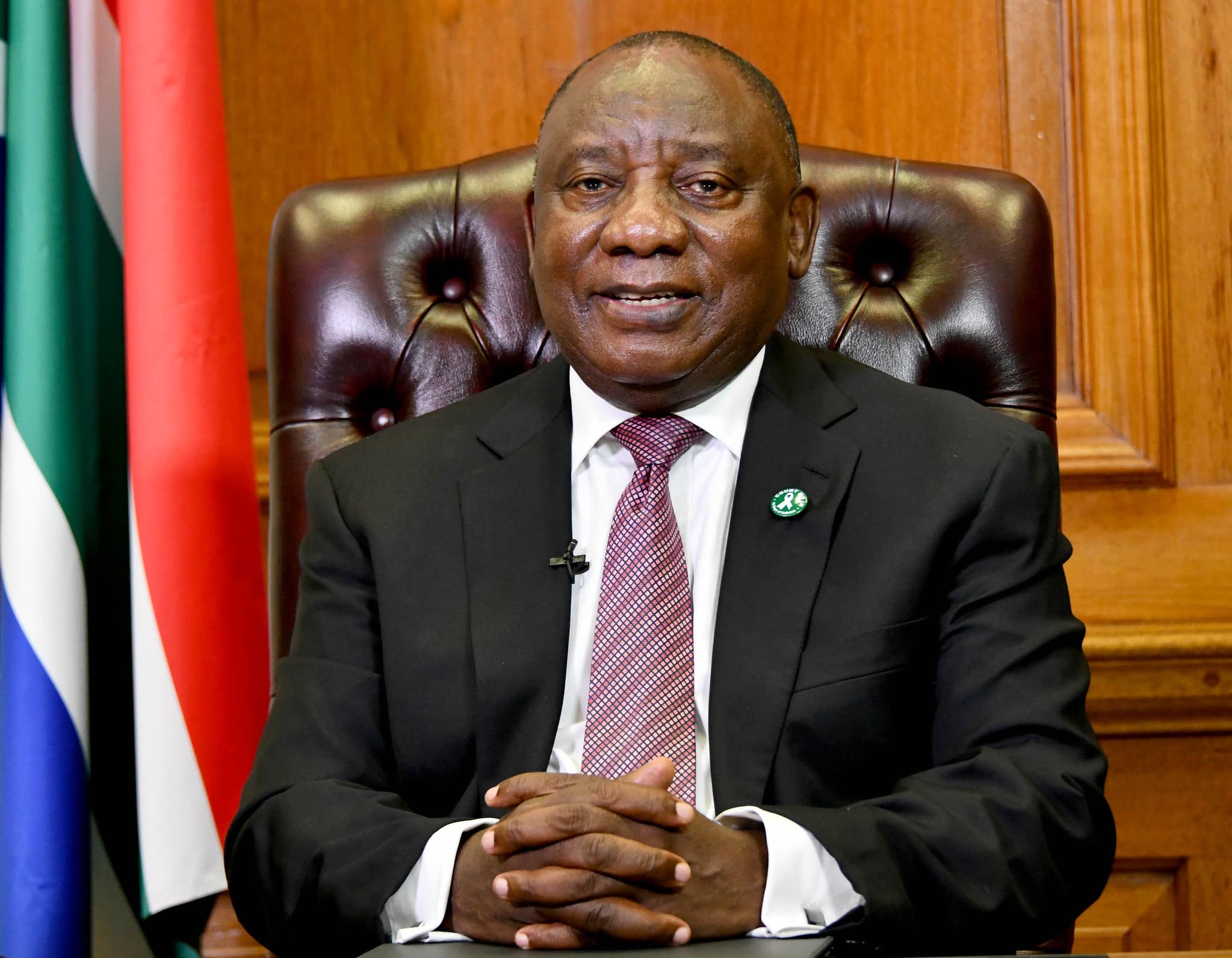SA’s black economic empowerment policies have long been under fire. (Thanks, Elon Musk). The argument goes that it’s benefited a few privileged insiders while the majority of black South Africans are still impoverished.
On Tuesday, DA gazetted their “Economic Inclusion for All Bill”: their pitch to replace Broad-Based Black Economic Empowerment in favour of something they say is fairer and more effective.
Explainer: When a bill is gazetted, it means it’s been formally published in government’s official records as a first step before becoming law. This makes it public and invites comments before heading to Parliament. From there, it needs to go through several rounds: committee discussions, National Assembly debates, votes, and then, if it survives, the National Council of Provinces before the President signs it into law. Given the DA’s numbers (fewer than a quarter of the seats in Parliament), it’ll need major backing from other parties if it’s to succeed in amending the Public Procurement Amendment Act of 2024.
So, what’s the issue? Introduced back in 2003 under the ANC, BEE was meant to right the wrongs of apartheid by giving black South Africans a bigger slice of the economic pie through things like ownership deals, skills training, and preferential procurement. But the DA says BEE has fuelled corruption and encouraged “fronting” where companies fake compliance, and has largely failed. They’re not wrong: 44 million South Africans live in poverty, and 12 million are unemployed. Unemployment among black South Africans hit 36% in the last quarter of 2024, compared with 7% among white South Africans.
Instead of race as the main criterion, the DA’s proposed bill shifts to poverty and disadvantage as the key indicators. Government tenders would reward companies for real impacts: job creation, skills development, poverty reduction, and even green initiatives like renewable energy.
Critics like the ANC and the Black Business Council have hit back, while President Cyril Ramaphosa, when asked, said he hadn’t seen the bill yet but urged the DA to take it through Parliament.
Our opinion? The DA is hardly known for its pro-affirmative policies at the best of times, an issue that saw Lindiwe Mazibuko ousted back in 2013. The party haemorrhaged more black leaders over time. As the party swings more white and right, the risk is that the bill is less about empowering the black majority and more about allowing white-owned companies resistant to transformation to continue benefiting people who remind the white executives at the top of themselves, which is how affinity bias works.
Is SA ready to ditch a race-based system when white people occupied 65.9% of top management level posts in 2022, while making up just 8% of the population? That’s according to South Africa’s Commission for Employment Equity data. A revised BEE is needed, but one that still holds private companies accountable when it comes to race.
What do you think: time to drop race completely, or is BEE worth fixing?
- Staff Reporter
- Staff Reporter
- Staff Reporter




